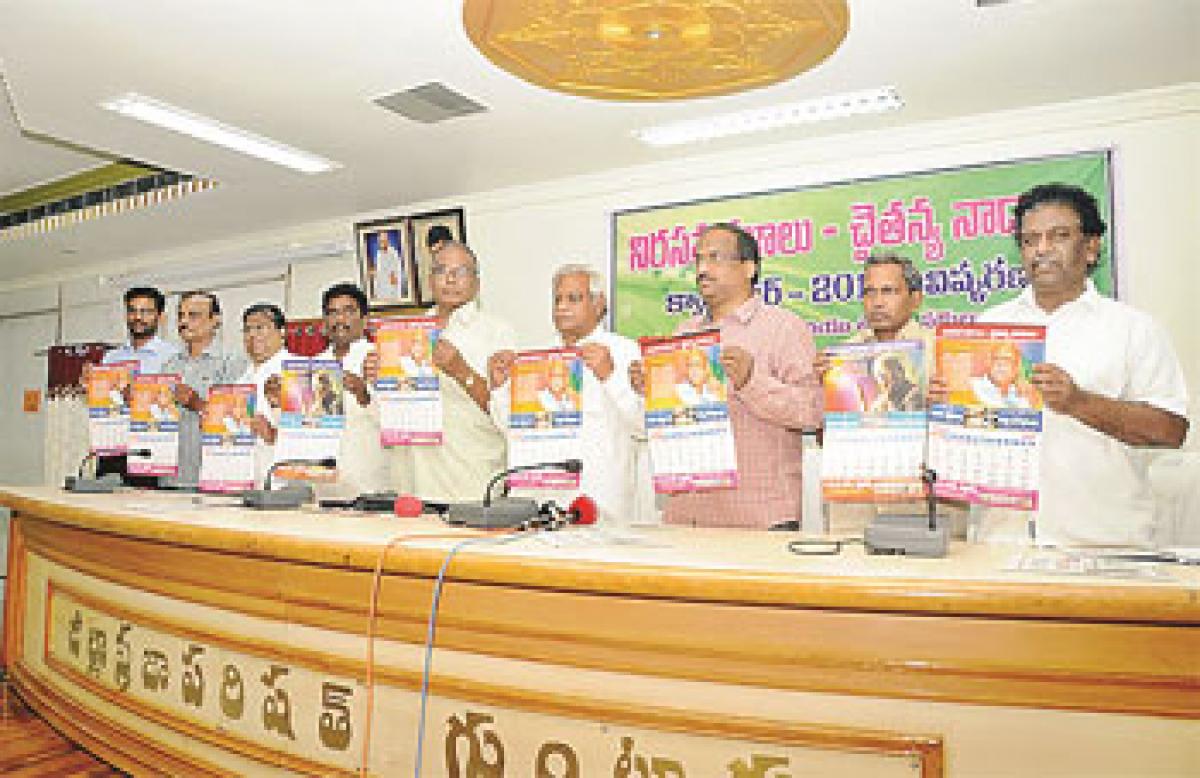Live
- First Impressions and Unboxing of the MacBook Pro M4: A Powerhouse for Professionals and Creators
- China Gears Up for Potential Trade War Amid Trump’s Tariff Threats
- Small Farmers Gain Less by Selling to Supermarkets: Study Reveals
- Why Despite the Controversy, America Is Anticipating the Mike Tyson vs. Jake Paul Fight
- Sanju Samson and Tilak Varma Shine: Record-Breaking Feats in 4th T20I Against South Africa
- India Urges $1.3 Trillion Annual Climate Support for Developing Nations
- Bad air: 106 shuttle buses, 60 extra Metro trips planned to make Delhiites give up cars
- WHO reports declining monkeypox cases in Congo
- CM Attends Kotideepotsavam on Kartika Purnima
- PKL Season 11: Raiding trio of Devank, Ayan, Sandeep help Patna Pirates rout Bengal Warriorz





 Guntur
Guntur



